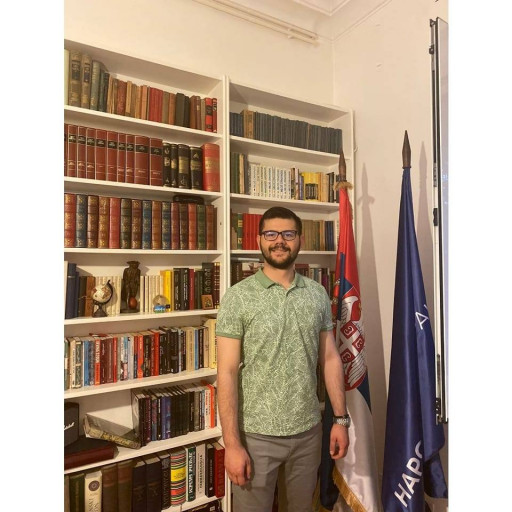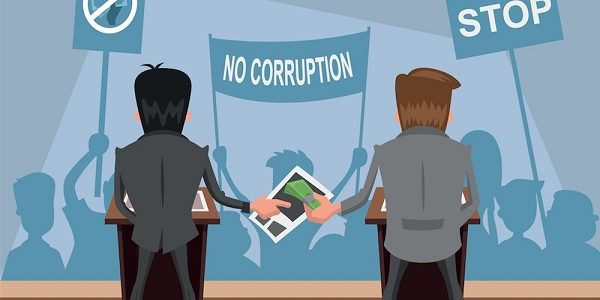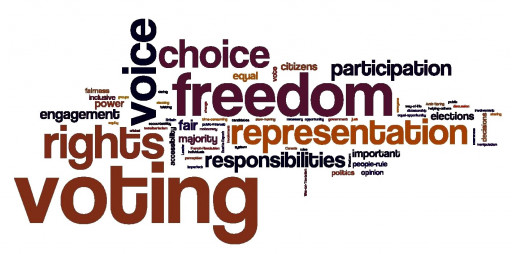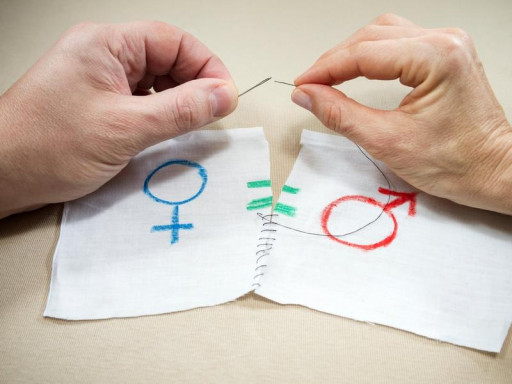From ancient times to the present day, corruption has always been a serious problem. In addition to the fact that corruption leads to the degradation of the political systems of countries, it also has serious consequences on the foundations on which modern democracy rests. Considering that this is also a problem of developed countries with a long tradition of democracy, it would be a serious mistake not to consider corruption as one of the biggest problems of countries with economies in transition.
Citizens of countries that were under communist or socialist rule until just 20 or 30 years ago faced a series of challenges after the democratization of their political systems. Political and economic changes led to the collapse of old social norms, and the newly established system was not kind to people who failed to get used to the changes caused by privatization, deregulation and democratization. These people became known as " victims of the economic transition".
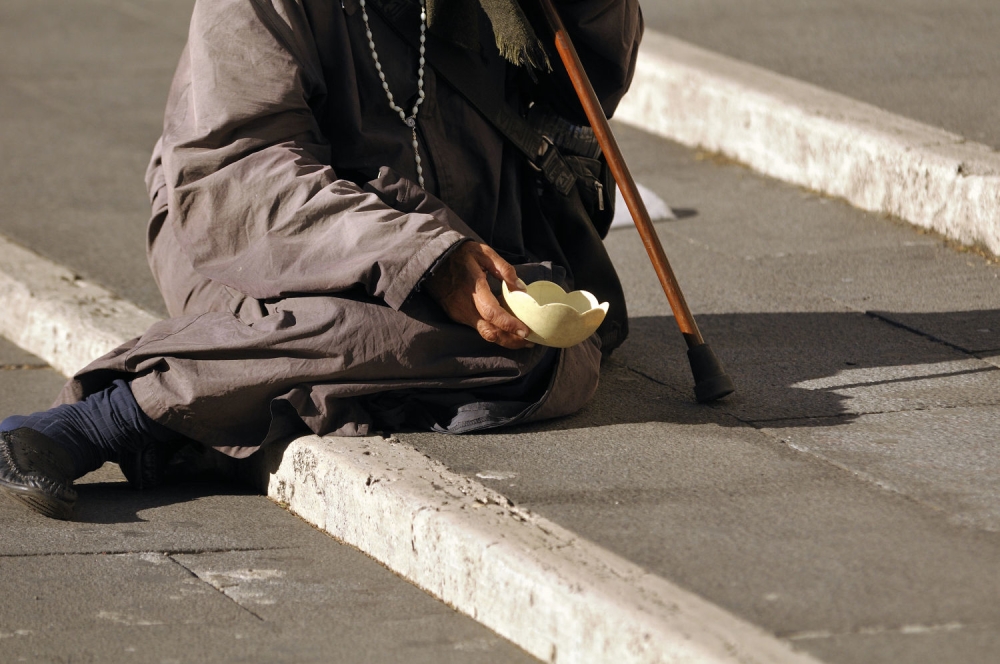
Such societies are subject to an increase in corruption, and due to the lack of adequate legislative frameworks and political will, this social phenomenon has further deepened. Over time, citizens began to perceive corruption as something completely normal. Corruption has become an integral part of their life.
The Republic of Serbia is one of the countries that was exposed to such challenges, and in addition, its citizens had additional problems that were the consequences of war, fear of terrorist attacks and economic sanctions. The entry into the new millennium brought political changes that citizens welcomed with faith in a better future. After the lifting of sanctions and opening to the world for trade and cooperation, the country really experienced a change for the better, but corruption continued to be a serious problem.
All the reforms that were implemented led to a slight decrease in the level of corruption, but this trend has changed in the last 10 years. According to data available on the Transparency International website, only Bosnia and Herzegovina, Ukraine and the Russian Federation have a higher level of corruption in Europe than Serbia. Serbia achieved the worst results since 2012, when the new research methodology was applied, which shows the growing trend of corruption that the citizens themselves feel. Corruption is visible in all layers of society, and health, education and public administration are the areas most suitable for these activities.

In Serbia, the financing of political parties and the financing of election campaigns attract special attention due to the lack of transparency. Bad experience with previous anti-corruption laws reinforces fears that the new law that entered into force last year, regardless of the fact that it is qualitatively good, will not be a sufficient guarantee of the fight against corruption.
Considering the activities of political parties, it is easy to see the possibility of violating the Law on Financing of Political Activities. In the rest of the text, I will deal with potential ways of violating the law, and at the same time I will try to propose mechanisms for solving and eliminating those "loopholes in the law".
The Law on the Financing of Political Activities creates the possibility of giving financial contributions to political parties. The maximum contribution amount is determined in relation to the average salary at the state level. A controversial topic for public debate is precisely the level of the average salary, which according to state institutions is much higher than what average citizens would tell you in conversation. In order to avoid the possibility of potential manipulation of numbers and false representation of the average salary, the best solution would be to define the maximum contribution amount, which would be a fixed number defined by law. In this way, falsifying data on the amount of average earnings cannot affect the maximum amount of contributions. These donations are limited to citizens of the Republic of Serbia, which is a positive solution, and political parties are obliged to issue reports that are monitored by state institutions.
An additional type of control could be reflected through the obligation to create special lists that would be publicly available in the event that natural persons donate more than 500 euros annually, regardless of how many times they donate during the year. Those lists would include the name, surname and address of the donor, following the example of identical solutions implemented in other EU countries. In addition to those publicly available lists, it would be necessary to create a list with identical data that would include all donations for the purpose of monitoring and that would be available to the agency that monitors the work of political organizations.
Another problem that is not talked about much, and represents an abuse of position, concerns the use of public figures for promotion, primarily singers, who, in exchange for supporting a political option, subsequently receive the right from representatives of the local government to perform at city celebrations and events for what they receive monetary compensation from municipal budgets. This issue is not regulated by law, but it would be necessary to pay attention to it. This type of abuse of public funds is an excellent way for political parties that have power at the state or local level to break all laws related to corruption. Such activities should be limited by monitoring the way in which public funds are used, and by prohibiting the use of public money to finance such performances.
In order to find better legal solutions, but also in order to implement existing laws, the European Union could provide great help, which through its advisory activities and monitoring could influence decision-makers to adequately perform their work in the fight against corruption. However, it would be wrong to expect someone else to influence changes in our society, without the desire to arrange the system in the right way ourselves. It is necessary that all participants in society, from families and educational institutions that would influence young people, to employers, trade unions, government representatives and the opposition that would bring systemic solutions, work together to solve the problem of corruption.

